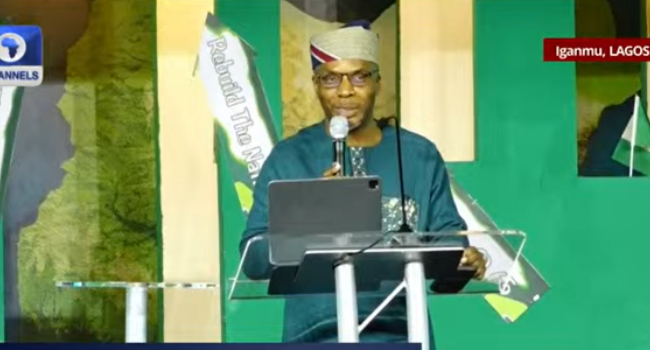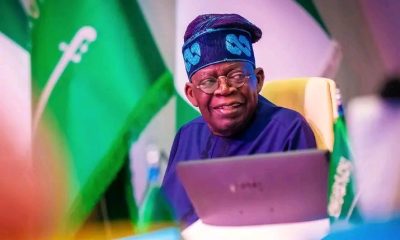BUSINESS
Paradox of Potential: Afreximbank Chief on Nigeria’s Economy at 65

Dependable NG reports that as Nigeria commemorated its 65th Independence Day, the nation’s economic narrative was front and centre, described by a leading continental economist as a persistent “paradox.”
Dr. Yemi Kale, the Group Chief Economist and Managing Director of Research & Trade Intelligence at Afreximbank, delivered a sobering but hopeful message during his address at The Platform Nigeria 2025 event in Lagos. His remarks underscored the significant gap between Nigeria’s well-known potential and the difficult realities of its current business environment, calling for a period of national self-reflection and persistence.
Dr. Kale did not shy away from an “honest assessment” of the country’s journey. He noted that while the country possesses “economic potentials which are well recognised, very well documented, and are frequently discussed,” it concurrently maintains “one of the most difficult business environments for investors to operate” in the world. This contradictory state forms the core of the paradox he highlighted. On one hand, the investment landscape is challenging; on the other, foreign investors remain keenly interested. Dr. Kale noted that international players, despite the steep local challenges, are still deeply interested and “willing to engage with Nigeria,” constantly monitoring the market. Whether some investors “leave temporarily, or even permanently, or delay entry,” they never “lose sight of this market.” They wait patiently because they understand the immense, unique opportunities the market holds, provided Nigeria can manage to get just a “few fundamentals right.” He stressed that tapping into this market “does not demand immense skills, but has opportunities that cannot be ignored.”
A core component of the Afreximbank Chief’s message was an earnest appeal to the Nigerian populace for patience regarding the ongoing economic reforms. He firmly stressed that the measures being implemented are “strategic decisions made by nations committed to stabilising their present and securing a prosperous future,” not merely short-term political adjustments. However, Dr. Kale cautioned against the expectation of immediate results, reminding citizens that reforms “do not yield instant prosperity; they require patience, persistence, disciplined execution, as well as the capacity to execute and follow through.” He warned against the impulse to “stop after a few weeks or give up because it is difficult,” emphasising that it often takes a long time before “meaningful changes begin to manifest.” The enduring strength of Nigeria, according to Dr. Kale, remains its massive demographic profile: a population estimated at over 220 million, with more than 70 per cent under the age of 30. He declared this cohort constitutes “one of the largest reservoirs of youthful energy deposit anywhere in the world.” This demographic advantage, combined with sustained, disciplined reform, represents the country’s most significant asset in overcoming its current economic contradictions and navigating the path to stability and growth.



